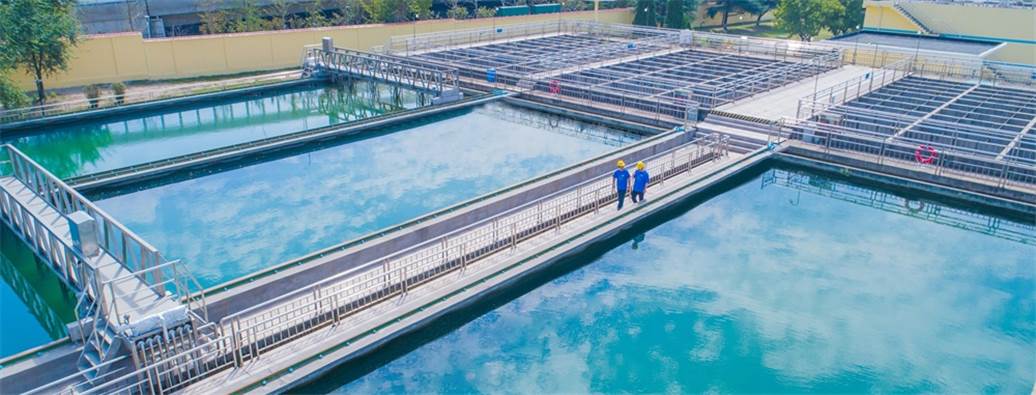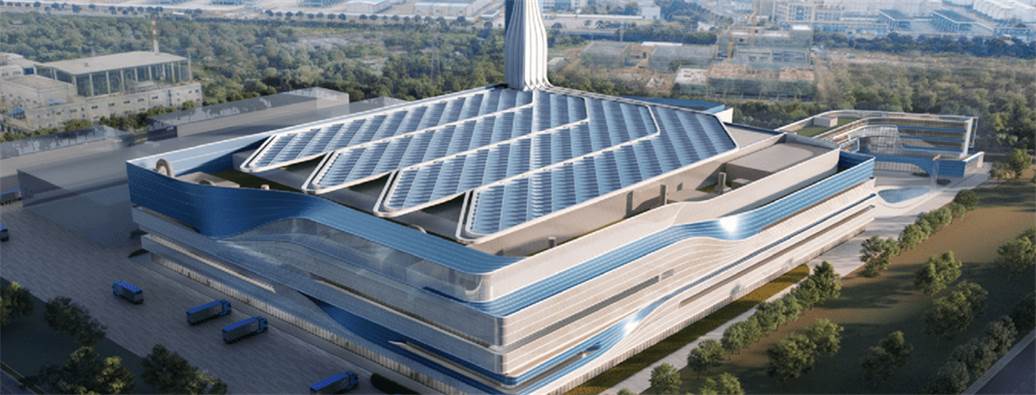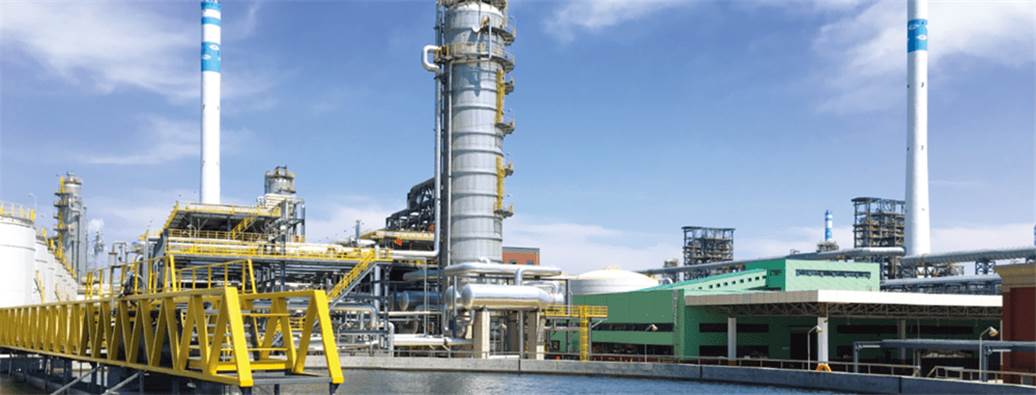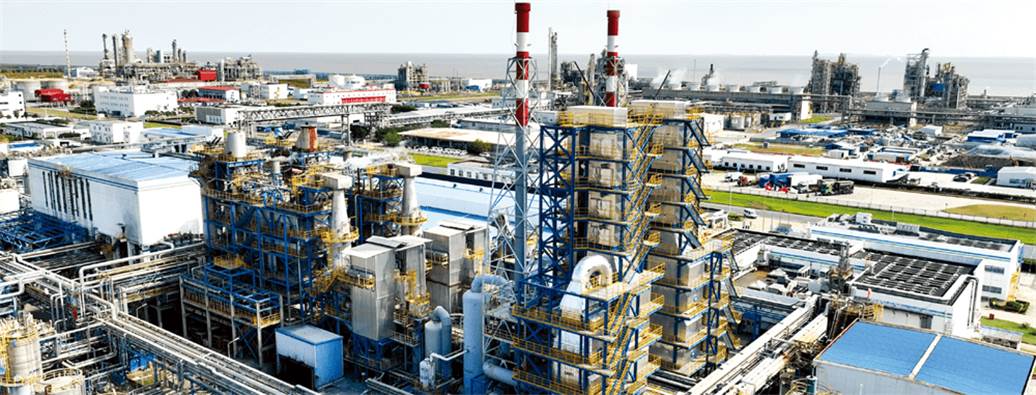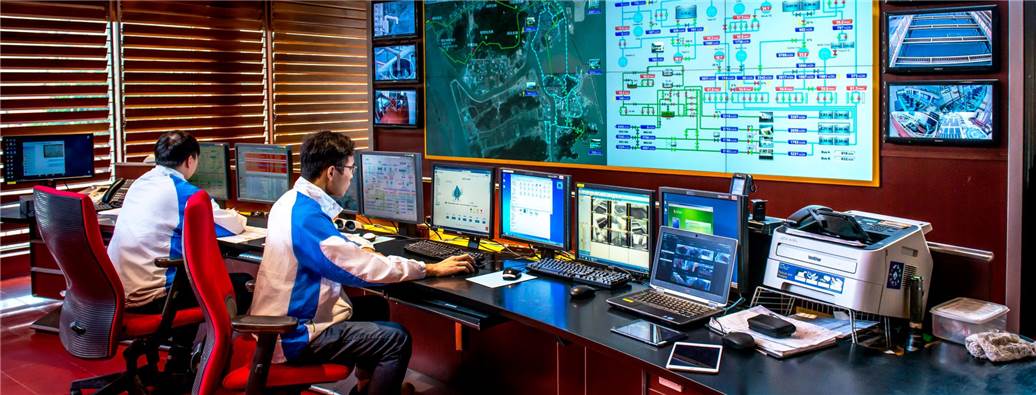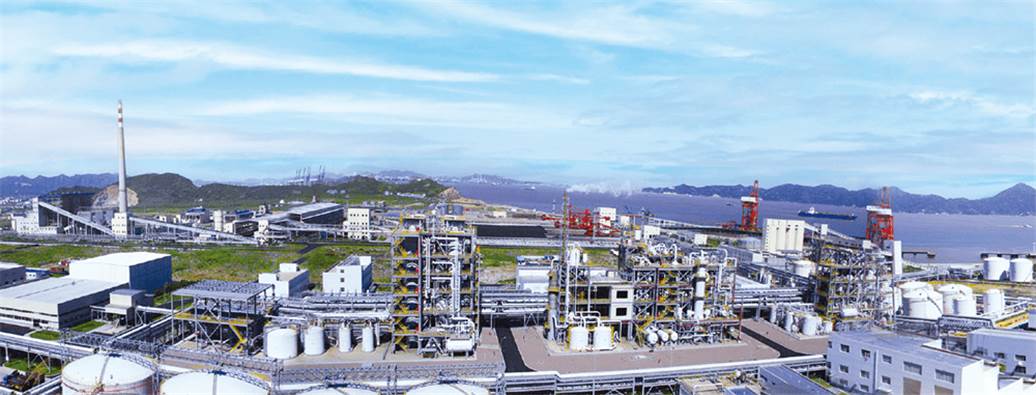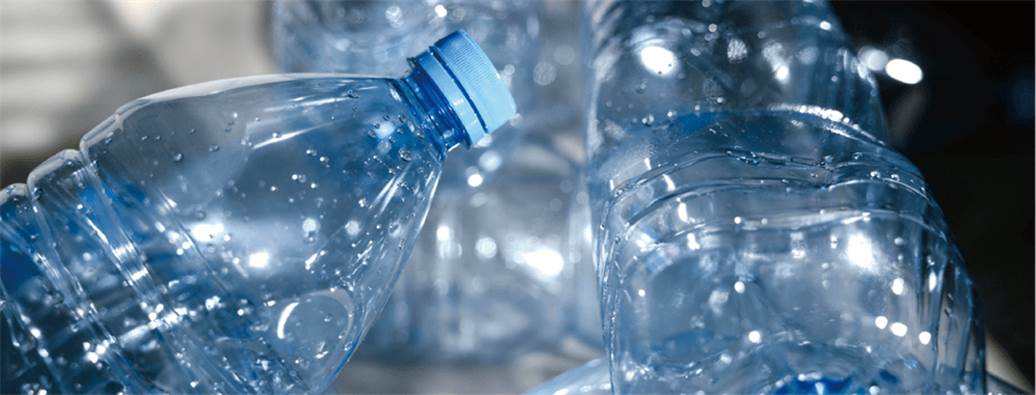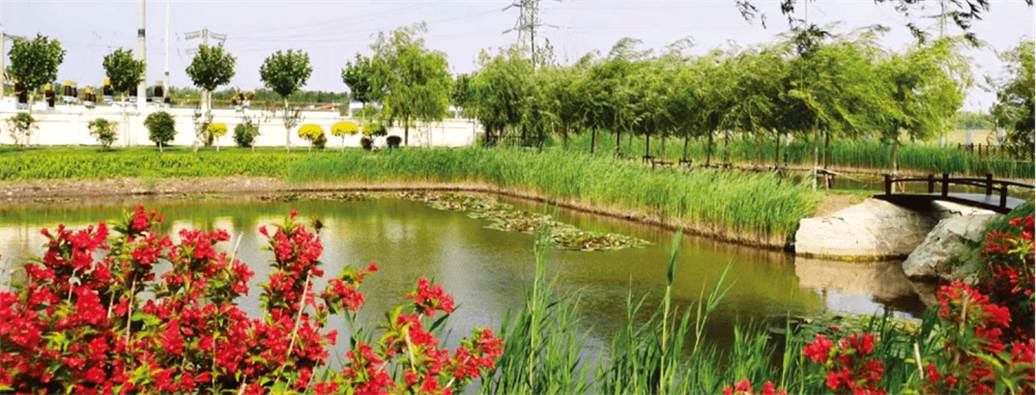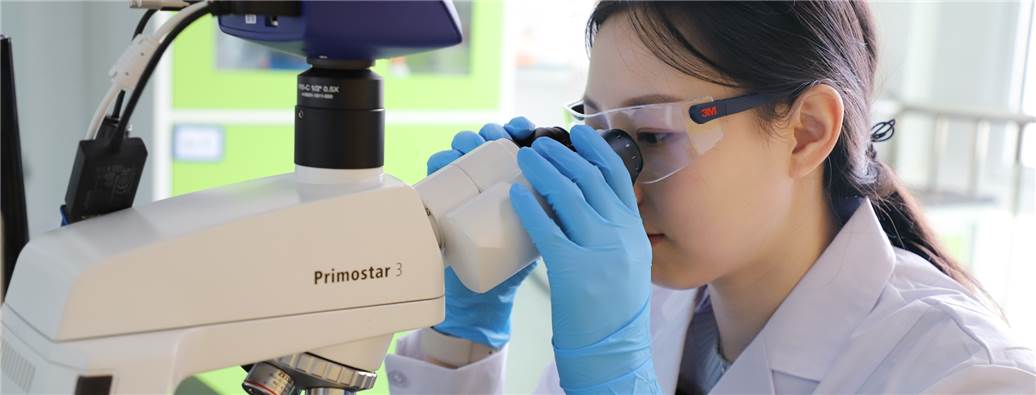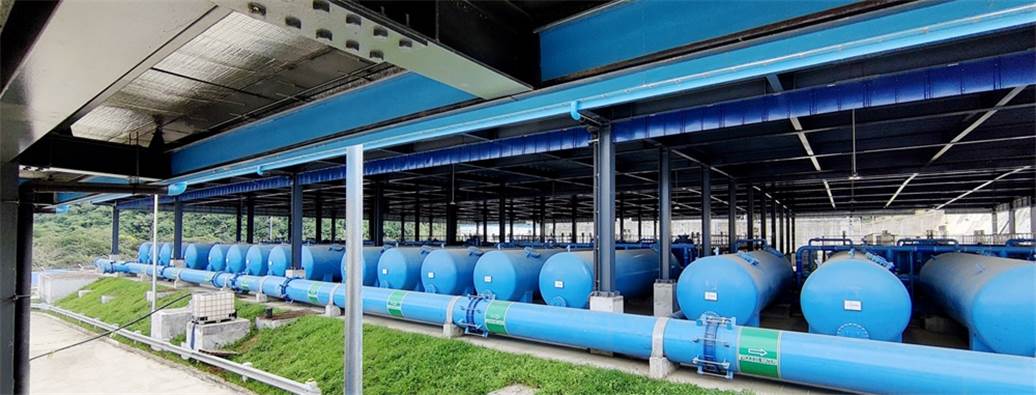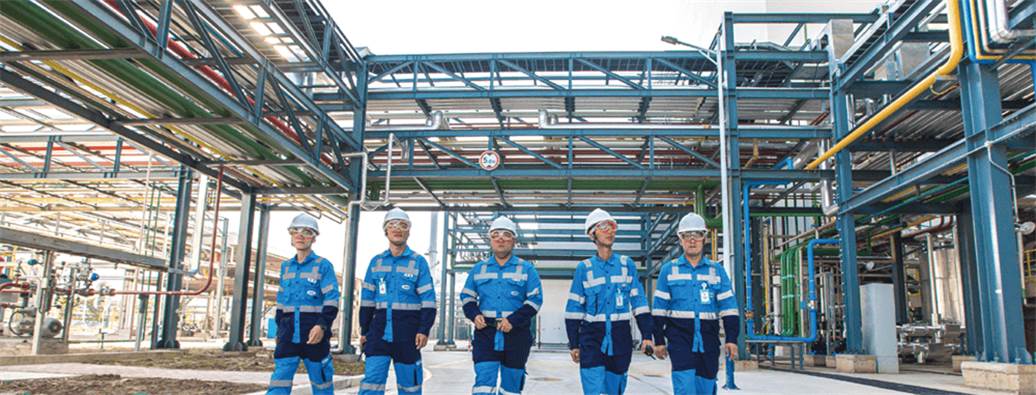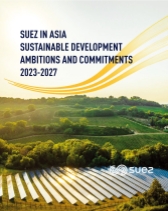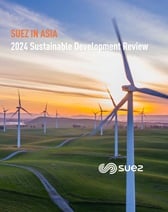Empowering Asia's Green and Low-Carbon Transformation
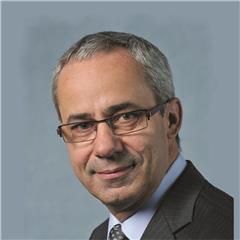
The SUEZ sustainable development strategic alignment ensures our global ambitions are effectively localised, enhancing our competitiveness and differentiating us in the market.Francois Fevrier , CEO of Water and R&R in Asia
Climate
The Climate pillar of the Roadmap was developed through a global approach based on 3 levers: reducing the greenhouse gas emissions, strengthening the commitment to produce green energy from our activities and increasing the share of renewable energy in our consumption.
We commit to contributing to the regional low-carbon and resilience transformation, and we do what it takes to achieve it.
2024 performance highlights in Asia
Nature
As of today, our ecosystems are vulnerable. Against this background, biodiversity preservation is vital to climate regulation, with an economic impact on the ecosystem services it provides.
We play a pivotal role in preserving water resources and managing recycling and reuse. In addressing the Nature emergency, the road ahead will be challenging, but we are 100% committed.
Social
The ecological transition requires collective mobilisation. It involves our teams, our customers and our partners, but also the beneficiaries of our facilities and our host communities.
We will continue to work closely in communities, everywhere we operate, in an effort to reconcile human and economic development as well as increasing the positive impact of our business.


